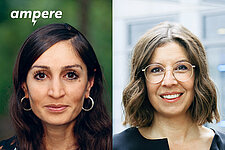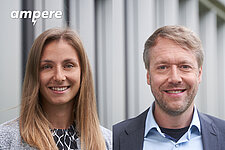How do you deal with disinformation?
Silke Sichter: I found it exciting to realise the differences between misinformation and disinformation. False information is passed on unintentionally. With disinformation, someone makes an effort to deliberately misrepresent things in order to achieve a certain effect. But even before the training, I had already learnt to consult several sources and, above all, to question the sources.
Gilda Sahebi: If more people had this curiosity, if they were open to really finding out about things, then we would not have so many problems. Disinformation thrives on the fact that many people come with preconceived stories and only look for the information that fits into these stories without questioning anything.
Ms Sichter, is there a particular core idea that you took away from the training course?
Silke Sichter: I have two words in my head that describe what I learnt from the seminar very well: It is about appreciation, for yourself and others, and media literacy - both of which are good tools against hate speech and disinformation. We cannot have enough of both, especially with regard to our values and our precious democracy.
Ms Sahebi, is there a particular core idea that you would like to pass on to the participants of the training courses?
Gilda Sahebi: We should realise that there is something positive about realising that we were wrong with one of our positions. Because then we have learnt something. If you are always right, you learn nothing. With such an attitude, we can enter into discussions openly.

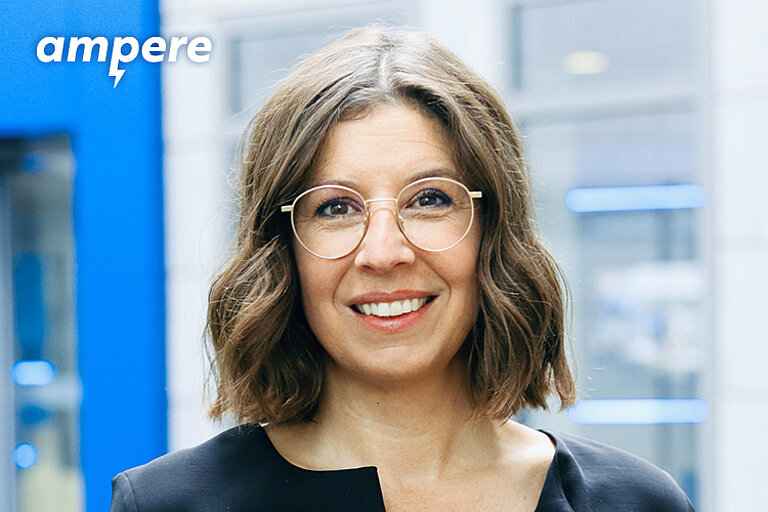
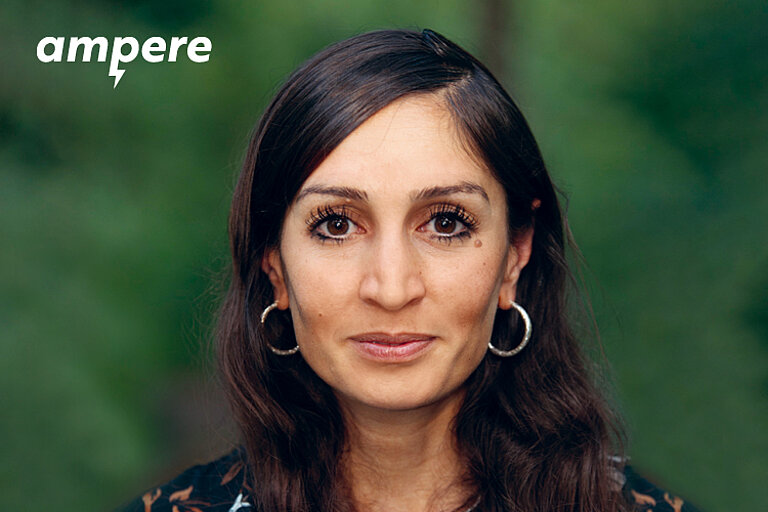
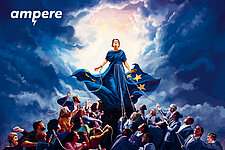
![[Translate to Englisch:] [Translate to Englisch:]](/fileadmin/_processed_/e/d/csm_ampere_1_2024_Chefsache_Web_750x500_01_bfa9bd6792.jpg)
![[Translate to Englisch:] [Translate to Englisch:]](/fileadmin/_processed_/5/7/csm_ampere_1_2024_Zwiegespraech_Web_750x500_Teaser_47fd1761f1.jpg)
